
Hubbert's Peak
The Impending World Oil Shortage
Recommendation
When a wise old codger of rural roots warns you in humble fashion, "Pardon me, sir, but I dare say you’re headed down the wrong road!" something tingling there on the back of your neck warns that you’d better listen. Even more so when the old-timer has risen beyond his oil-patch roots to become a Professor Emeritus at Princeton University. Kenneth S. Deffeyes doesn’t have to impress anybody, and perhaps that’s one reason he has written a book on oil that will never give you that scratchy sensation of wool being drawn over your eyes. Deffeyes returns to his Oklahoma City roots to point out, as any fellow atop a tractor or toting a pipe wrench might, that things just can’t keep going up and up forever. The difference: Deffeyes has a lifetime of industry and academic experience behind him. So, how real is the coming energy shortage? Well, put it this way: getAbstract.com highly recommends this book only to those individuals and companies who rely on electricity or the internal combustion engine. Stone age denizens need not sign up.
Summary
About the Author
Kenneth S. Deffeyes was born in the Oklahoma City oil fields. His father was a petroleum engineer. He’s been a pipeyard worker, roustabout, lab assistant and seismic crew member. He graduated from the Colorado School of Mines, explored for Shell Oil and studied geology at Princeton. He rejoined Shell, but colleague M. King Hubbert’s prediction about oil caused him to leave and join Princeton’s faculty in 1967. He consults for the oil industry and was the guide/mentor for author John McPhee’s seminal series, Annals of the Former World.


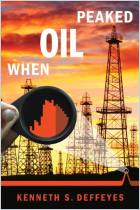
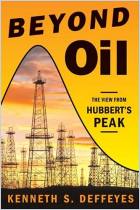
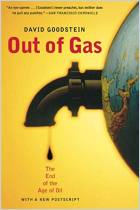
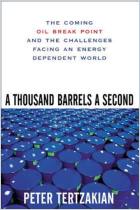
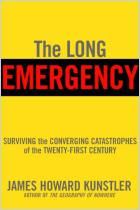
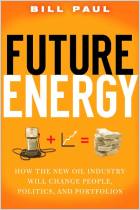
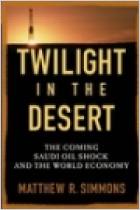
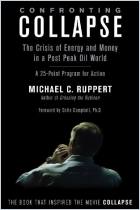




Comment on this summary